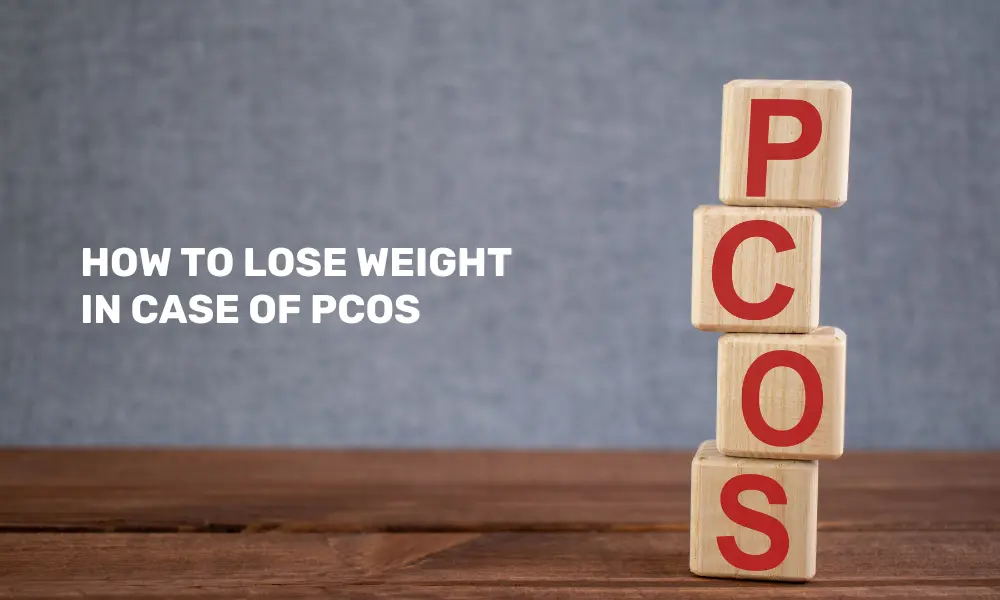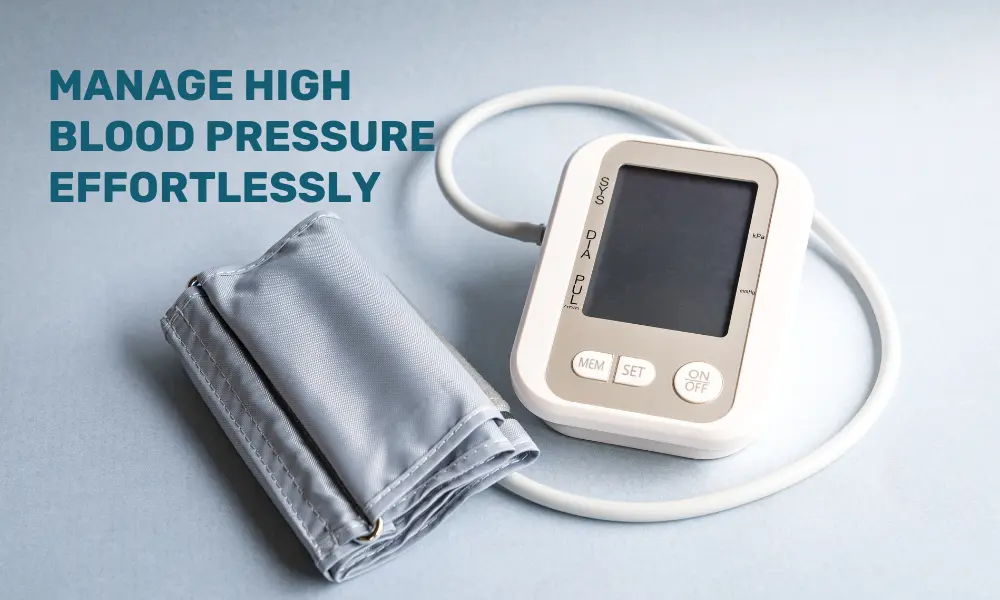PCOS is also termed Polycystic Ovary Syndrome. It is a condition in which women develop multiple tiny sacs filled with fluid along the oyster edge of their ovary, which are known as cysts. These cysts contain immature eggs.
Irregular menstrual cycles and excess androgen levels are two main characteristics of Polycystic Ovary Syndrome. However, one of the most common symptoms seen in women with PCOS is irrational weight gain, especially around their abdomen. This weight gain, in this case, partly happens due to insulin resistance, which is also common in PCOS patients.
Therefore, women suffering from PCOS must try to lose extra weight. However, weight loss with Polycystic Ovary Syndrome involves a meticulous effort that may include a combination of exercise, diet, and medication.
Here, are some tips that someone with PCOS can follow to lose weight.
-
Healthy Diet: One must have a diet that includes foods with a low glycemic index. These foods are digested and absorbed at a slow rate, leading to a gradual rise in blood sugar levels. This helps manage insulin levels and reduce insulin resistance. You should add a lot of whole grains, legumes, nuts, seeds, fruits, and vegetables to your diet.
-
Being Physically Active: Exercise can help improve the body’s sensitivity to insulin and, thereby, help with weight loss. Aerobic exercises like walking, cycling, swimming, and strength training can be beneficial. Per week, one must try to perform at least 150 minutes of moderate-intensity aerobic activity or 75 minutes of vigorous-intensity activity.
-
Limit Processed Foods: Processed foods and high-sugar items can exacerbate insulin resistance, making weight management more difficult. These foods contain large amounts of sugars and unhealthy fats that can cause rapid spikes in blood sugar levels, leading to weight gain and increasing cravings. Focus on a diet that’s rich in whole foods, such as vegetables, fruits, lean proteins, and whole grains.
-
Meal Timings: Eating at consistent times throughout the day can help regulate blood sugar levels, manage hunger, and improve metabolic health. Some people feel eating smaller, more frequent meals is beneficial; however, this can vary from person to person.
-
Portion Sizes Control: Even eating healthy foods can lead to weight gain when consumed in large amounts. Therefore, to help control caloric intake, use smaller plates, check serving sizes, and be aware of the quantity of food you consume.
-
Hydration is Important: Drinking plenty of water throughout the day can help boost your metabolism, suppress appetite, and help you lose weight. Sometimes, thirst can be confused with hunger, so staying hydrated can also help prevent overeating.
-
Healthy Fats: Eating healthy fats can help you lose weight. Focus on unsaturated fats like avocado, nuts, seeds, and olive oil, which can help to manage hunger and stabilize insulin levels.
-
Manage Stress: Stress can aggravate PCOS symptoms, including weight gain. Yoga, meditation, and deep breathing can help manage stress. Adequate sleep is also important, as sleep deprivation can worsen insulin resistance and affect hormones that control appetite regulation.
In a Nutshell
It is not impossible to lose weight while having Polycystic Ovary Syndrome. With dedicated and sustainable lifestyle changes, one can easily lose the extra kilos. Consult a dietitian or nutritionist for personalized dietary advice and meal plans tailored to your specific needs. This approach can help address nutrient needs and optimize your diet for weight loss.





